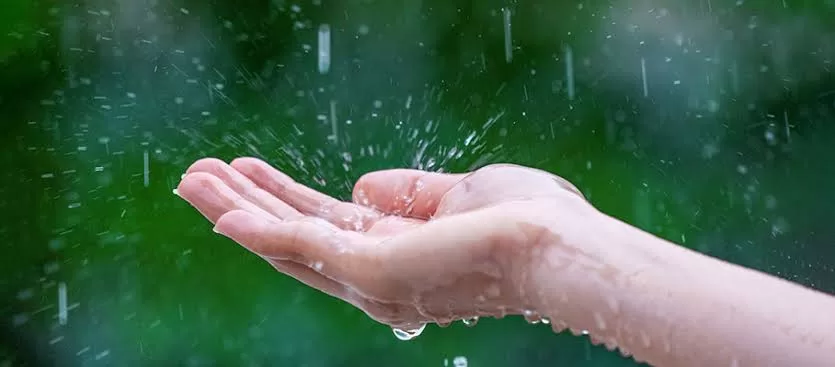Simple health tips to keep you healthy during the monsoon season:
- Drink plenty of fluids. Staying hydrated is important for overall health, but it’s especially important during the monsoon season when you may be sweating more due to the hot and humid weather. Water is the best choice, but you can also drink other fluids such as juice, milk, and soup.

- Eat a healthy diet. A healthy diet will help to keep your immune system strong and protect you from getting sick. Make sure to eat plenty of fruits, vegetables, and whole grains. You should also limit your intake of processed foods, sugary drinks, and unhealthy fats.

- Get enough sleep. Getting enough sleep is essential for good health, and it’s especially important during the monsoon season when you may be feeling tired due to the weather. Aim for 7-8 hours of sleep per night.

- Wash your hands often. Handwashing is one of the best ways to prevent the spread of germs. Wash your hands with soap and water for at least 20 seconds, especially after using the bathroom, before eating, and after being around someone who is sick.

- Avoid contact with sick people. If you can, avoid contact with people who are sick. If you must be around someone who is sick, wash your hands frequently and avoid touching your eyes, nose, and mouth.

- Get vaccinated. There are a number of vaccines that can help protect you from illnesses that are more common during the monsoon season, such as typhoid and cholera. Talk to your doctor about which vaccines are right for you.

- Take care of your mental health. The monsoon season can be a stressful time for some people. If you are feeling stressed or anxious, talk to a therapist or counselor. There are also a number of things you can do to manage stress on your own, such as exercise, relaxation techniques, and spending time with loved ones.

- Avoid walking or driving in flooded areas. Floodwaters can contain dangerous bacteria and other contaminants that can make you sick. If you must walk or drive in flooded areas, wear rubber boots and waterproof clothing.

- Wear long sleeves and pants when you are outdoors. This will help to protect your skin from mosquito bites, which can transmit diseases such as malaria and dengue fever.

- Use insect repellent. Use an insect repellent that contains DEET or Picaridin. Reapply the repellent every 2-3 hours, or more often if you are sweating or swimming.

- Keep your home clean and dry. This will help to prevent the growth of mold and mildew, which can cause respiratory problems.

- Ventilate your home. Open windows and doors to let fresh air in. This will help to remove moisture and keep the air circulating.

- Clean your gutters and downspouts. This will help to prevent water from pooling around your home, which can create a breeding ground for mosquitoes.

- Dispose of trash properly. Trash can attract rodents and other pests, which can spread disease.

- Have your septic tank pumped regularly. A clogged septic tank can release harmful bacteria into the environment.

- Be aware of the signs and symptoms of common monsoon-related illnesses. If you experience any of these symptoms, see a doctor right away:
- Fever
- Headache
- Muscle aches
- Sore throat
- Cough
- Diarrhea
- Vomiting
- Rash
- Red eyes
- Jaundice
- If you are traveling during the monsoon season, be sure to get travel insurance. This will protect you financially if you get sick or injured.
By following these tips, you can help to stay healthy and prevent getting sick during the monsoon season.

